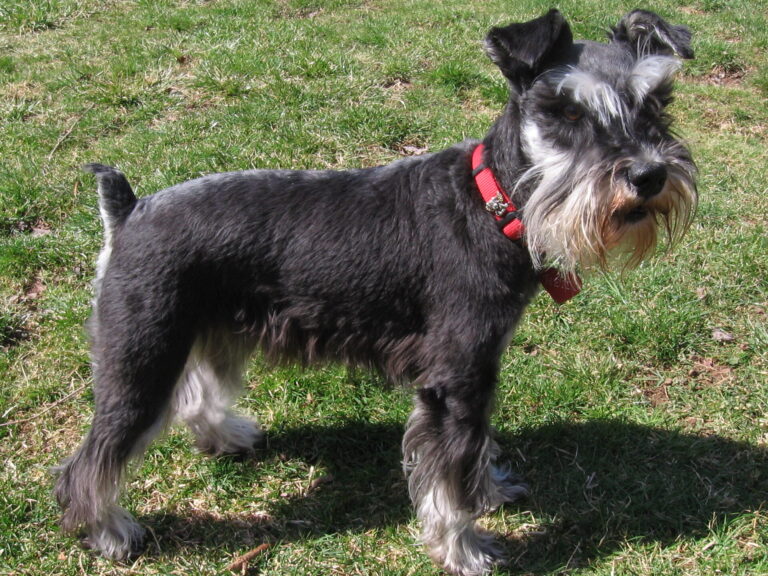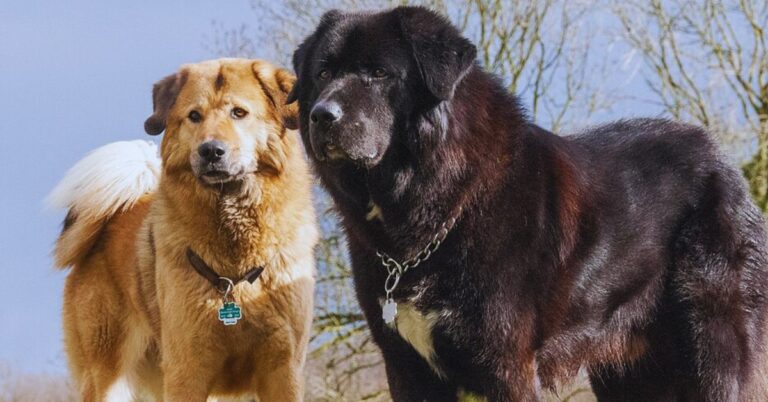10 Border Collie Like Breeds That Are Just As Smart

Border Collies are known for their intelligence and tireless energy. While they stand out as elite working dogs, several other breeds share their quick thinking and some other features. If you’re looking for a dog with similar traits, these ten breeds deserve your attention.
Australian Shepherd

Bred for herding livestock, Australian Shepherds rival Border Collies in intelligence and endurance. They excel in agility, obedience, and even search-and-rescue work. With their boundless energy and problem-solving skills, they thrive in active homes. Without mental stimulation, they may invent their own “jobs,” sometimes leading to mischief.
Shetland Sheepdog

The Shetland Sheepdog is small but mighty, as it carries the heart of a working dog. This breed, originally from Scotland’s Shetland Islands, is known for its sharp mind and keen instincts. Because Shelties pick up commands quickly, they are ideal for obedience training. Their loyalty and alertness also make them excellent watchdogs.
Belgian Malinois

Without a task, the Belgian Malinois can become restless and destructive. Their strong work drive and problem-solving abilities make them highly effective in demanding roles. Like the Border Collie, they thrive on mental and physical challenges. You can channel their high energy productively with consistent training and structure.
Rough Collie

Famous for its role as Lassie, the Rough Collie is intelligent and affectionate, making it a beloved companion. Although they are calmer than Border Collies, they still excel in herding. Provide regular activity and mental stimulation to keep their sharp minds engaged. Overall, with proper training and structure, they are a loyal breed.
Australian Cattle Dog
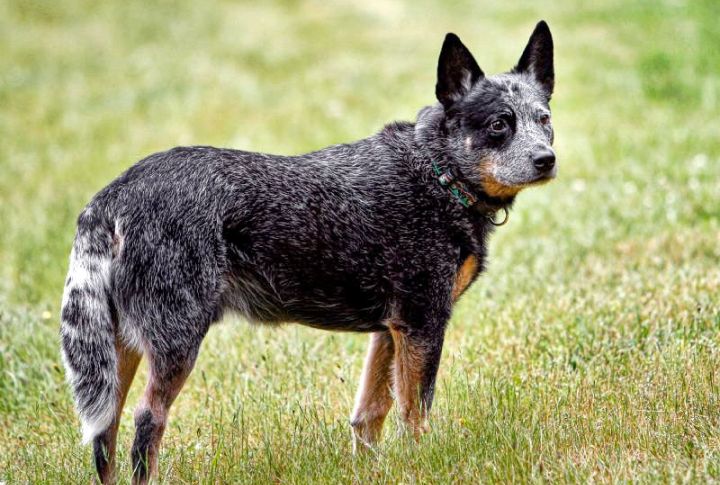
This breed shares the Border Collie’s strong work ethic. They excel in physically and mentally demanding environments because of their problem-solving abilities. Their loyalty and independence make them exceptional working dogs. However, without enough activity, their sharp minds can lead to unwanted behaviors.
English Shepherd

Boredom may lead to mischief, such as excessive barking or chewing, if the English Shepherd does not have a job to do, much like the Border Collie. Their sharp instincts make them ideal for farm work and even therapy roles. Highly trainable and eager to please, they thrive in structured environments.
Kelpie

Speed and stamina are what define the Australian Kelpie. They were originally created for herding sheep in rugged terrain, so they have an incredible work ethic. Although their independent nature allows them to work well off-leash, they still need firm leadership and plenty of activity to be happy.
German Shepherd

German Shepherds stand out for their versatility, excelling as highly trainable working dogs. Because of their sharp intelligence and confidence, they thrive in law enforcement and herding. Like Border Collies, they require daily mental challenges. They should, however, be adequately trained, as their high energy can quickly lead to anxiety or frustration.
New Zealand Heading Dog
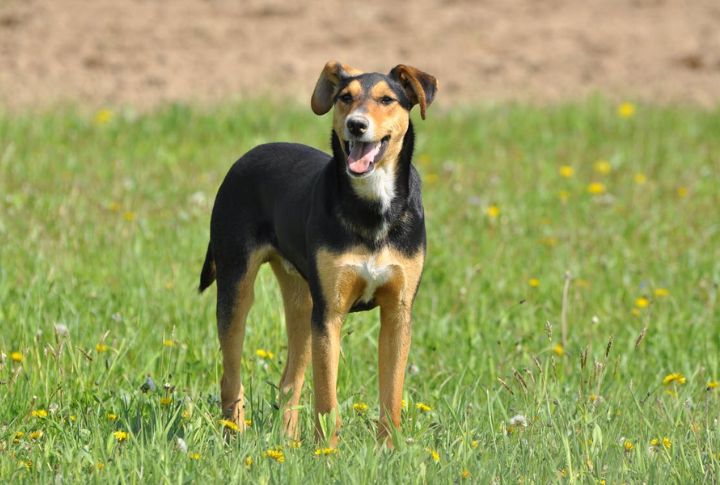
These dogs, like Border Collies, require consistent mental and physical stimulation to avoid becoming restless and high-strung. They are built for speed and endurance, with lean, athletic bodies that boost their agility in herding. With their quick decision-making abilities, they excel at managing livestock efficiently.
Welsh Sheepdog
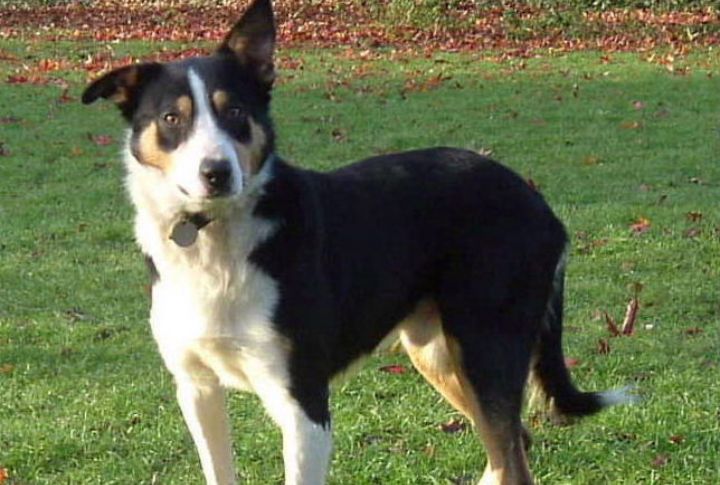
To stay physically and mentally stimulated, the Welsh Sheepdog requires an active environment with plenty of tasks to do. Their sharp intelligence makes them quick to train and able to learn new commands with ease. This makes them an excellent choice for owners who can provide them with plenty of challenges and engagement.

